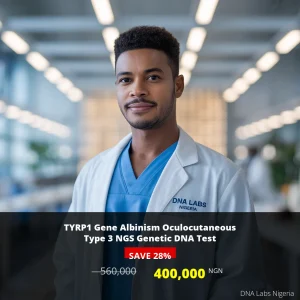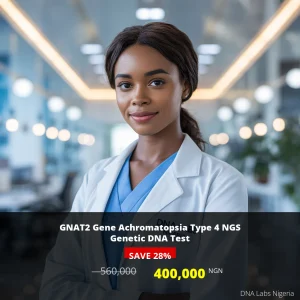LHB Gene Hypogonadotropic Hypogonadism NGS Genetic DNA Test
Introduction
The LHB Gene Hypogonadotropic Hypogonadism NGS Genetic DNA Test is a cutting-edge diagnostic tool designed to identify genetic mutations associated with hypogonadotropic hypogonadism. This condition is characterized by insufficient hormone production, leading to delayed or absent sexual development. Understanding your genetic predisposition can empower you to make informed health decisions.
What the Test Measures
This test specifically analyzes the LHB gene, which plays a vital role in the regulation of reproductive hormones. By employing Next Generation Sequencing (NGS) technology, we can detect any mutations or abnormalities that may contribute to hormonal imbalances.
Who Should Consider This Test?
Individuals experiencing symptoms such as:
- Delayed puberty
- Infertility
- Low libido
- Other hormonal imbalances
Additionally, those with a family history of hypogonadotropic hypogonadism or related disorders should consider this genetic test.
Benefits of Taking the Test
- Accurate diagnosis of genetic causes of hormonal imbalance.
- Guidance for treatment options based on genetic findings.
- Informed family planning decisions.
- Access to tailored healthcare and support services.
Understanding Your Results
Upon completion of the test, you will receive a detailed report outlining the findings. It is essential to consult with a healthcare provider to interpret the results accurately and discuss potential next steps.
Test Details and Pricing
| Test Name | Discount Price | Regular Price |
|---|---|---|
| LHB Gene Hypogonadotropic Hypogonadism NGS Genetic DNA Test | 400000 NGN | 560000 NGN |
Book Your Test Today!
Don’t wait to take control of your health. Book the LHB Gene Hypogonadotropic Hypogonadism NGS Genetic DNA Test today by calling or WhatsApp at +2348110567037. Our team is ready to assist you in understanding your genetic health.
Turnaround time for results is approximately 3 to 4 weeks, and we accept samples of blood or extracted DNA. Prior to testing, a genetic counseling session is recommended to assess family history and discuss the implications of the test.







